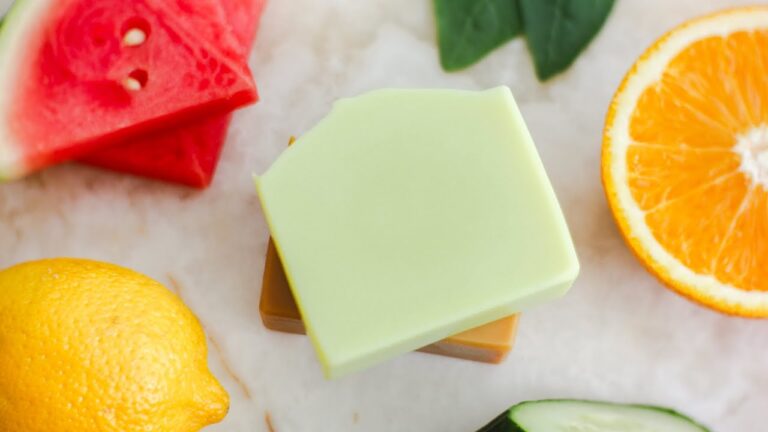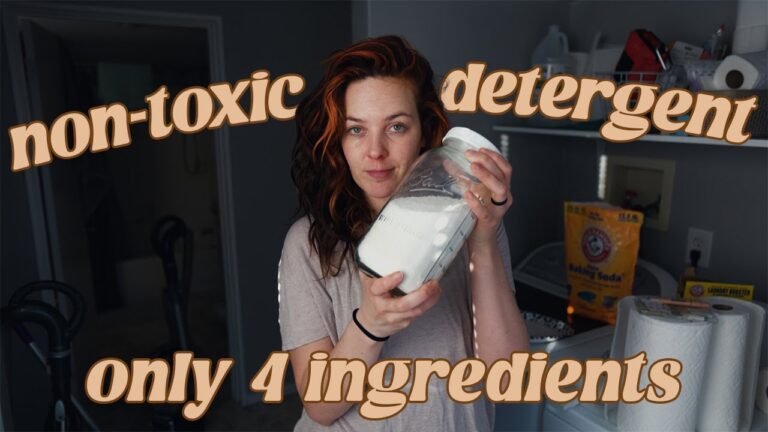In a world where synthetic ingredients dominate the beauty industry, the art of natural soap making is a breath of fresh air. Harnessing the power of botanicals and essential oils, these handcrafted soaps offer a pure and gentle cleansing experience. Discover the beauty of natural soap making and immerse yourself in the soothing scents and nourishing properties of these artisanal creations.
Advantages
- Natural soap making allows for customization of ingredients to cater to specific skin types and preferences.
- Natural soap making helps to minimize exposure to harsh chemicals commonly found in commercial soaps.
- Natural soap making promotes sustainability by using environmentally-friendly ingredients and reducing waste.
- Natural soap making can be a creative and fulfilling hobby that provides a sense of accomplishment and relaxation.
Disadvantages
- Time-consuming process: Making natural soap can be a time-consuming process, as it involves various steps such as melting, mixing, curing, and cutting the soap, which can take several weeks to complete.
- Requires specialized equipment: Natural soap making often requires specialized equipment such as a digital scale, thermometer, and molds, which can be costly and take up space in a home kitchen or workspace.
What are the 3 main ingredients in soap making?
In the art of soap making, the essential trio of oil, water, and lye serves as the foundation for creating luxurious handcrafted soaps. These ingredients undergo a transformative chemical process to produce soap, resulting in a cleansing and nourishing product. Additionally, supplementary ingredients are often incorporated to enhance the soap’s properties or aesthetic appeal, making each bar unique and personalized.
The harmonious combination of oil, water, and lye in soap making showcases the alchemy of turning simple elements into a decadent and functional product. With careful attention to proportions and techniques, artisans craft soaps that cleanse, moisturize, and invigorate the skin. By incorporating additional ingredients for added benefits or aesthetics, each soap becomes a masterpiece of both functionality and beauty.
Can soap be made without lye?
Unfortunately, it is not possible to make soap without using lye. The chemical process of saponification, which is necessary to create soap, requires the combination of oils, a liquid, and an alkali – in this case, lye. Lye is essential for converting the oils into soap through a chemical reaction.
While some may try to find alternatives to using lye in soap making, it is important to understand that lye is a crucial component in the soap-making process. Without lye, the oils will not properly saponify and the end product will not be true soap. It is important to follow proper safety precautions when working with lye to ensure a successful soap-making experience.
In conclusion, if you want to make soap at home, it is necessary to use lye in the process. By following the correct measurements and safety guidelines, you can create beautiful, handcrafted soap that is both effective and safe to use. Remember, lye is a key ingredient in soap making and cannot be omitted from the formula.
What is the main ingredient in natural soap?
The main ingredient in natural soap is typically a combination of oils and fats. These can include olive oil, coconut oil, palm oil, and shea butter, among others. These natural oils and fats are what give the soap its cleansing and moisturizing properties, making it a popular choice for those looking for a more gentle and nourishing alternative to conventional soaps.
In addition to oils and fats, natural soaps also often contain lye, or sodium hydroxide, as a key ingredient. When mixed with the oils and fats, lye undergoes a chemical reaction called saponification, which is the process that turns the mixture into soap. While lye may sound harsh, it is essential in the soap-making process and is completely transformed during saponification, leaving behind a gentle and effective cleansing product.
Overall, natural soap is made from a simple and wholesome combination of natural oils, fats, and lye. This minimal ingredient list sets it apart from commercial soaps that may contain synthetic fragrances, dyes, and harsh chemicals. By using natural ingredients, these soaps are not only better for the skin, but also for the environment.
Crafting Eco-Friendly Soaps at Home
Crafting eco-friendly soaps at home is not only a fun and creative way to personalize your skincare routine, but it also allows you to reduce your environmental impact. By using natural ingredients such as essential oils, herbs, and plant-based oils, you can create luxurious soaps that are free from harmful chemicals and toxins. With a little bit of practice and experimentation, you can develop your own unique soap recipes that are gentle on your skin and the planet. Get started today and enjoy the satisfaction of crafting eco-friendly soaps that are both effective and environmentally conscious.
Pure and Simple: The Art of Natural Soap Making
Indulge in the art of natural soap making with our pure and simple recipes that will leave your skin feeling clean and refreshed. Using only the finest ingredients, our handmade soaps are gentle on the skin and free from harsh chemicals. Elevate your self-care routine with our luxurious creations that are both environmentally friendly and nourishing for your body. Experience the beauty of natural soap making and treat yourself to a truly wholesome and rejuvenating cleansing experience.
Mastering the Art of Crafting Pure Soaps
Unlock the secrets to creating luxurious, pure soaps with our comprehensive guide to mastering the art of soap crafting. From selecting the finest ingredients to perfecting your technique, this expertly curated resource will equip you with the knowledge and skills needed to create stunning, high-quality soaps that are both gentle on the skin and visually appealing. Whether you’re a seasoned soap maker looking to elevate your creations or a beginner eager to dive into the world of soap crafting, this guide will help you achieve professional results and unleash your creativity in the realm of handmade soap production.
In a world filled with harsh chemicals and artificial fragrances, natural soap making offers a refreshing alternative that is not only kind to your skin, but also to the environment. By using simple, plant-based ingredients and traditional methods, natural soap makers are able to create products that nourish, cleanse, and pamper without any of the harmful additives found in commercial soaps. So next time you reach for a bar of soap, consider making the switch to natural soap and experience the difference for yourself. Your skin will thank you, and so will the planet.



